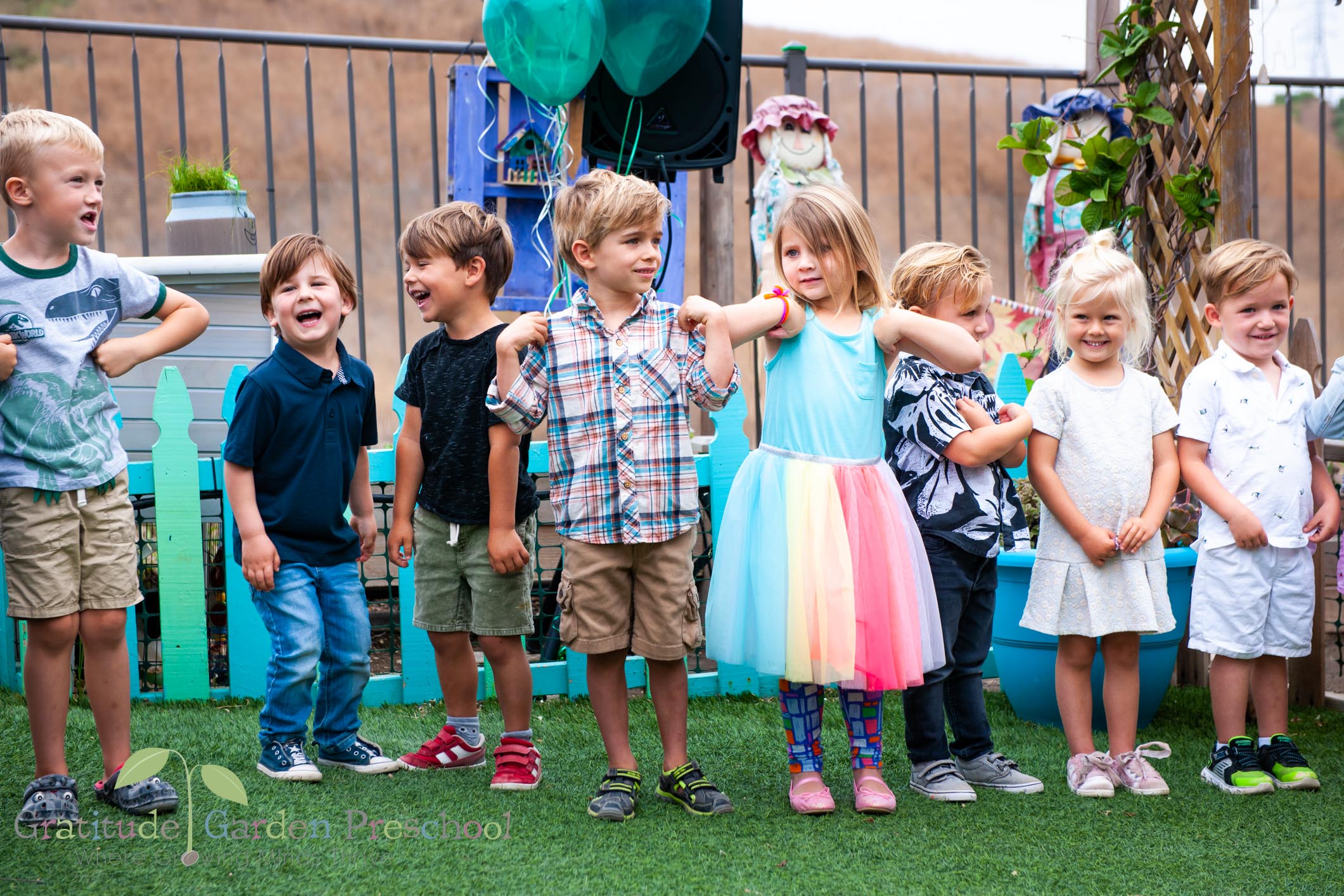“Social and emotional skills related to ones well-being are the essential skills for success in school, work, and life.”
This type of learning:
If we expect students to be ready for learning, advancing to the next grade and college, then off to work and maintain healthy relationships; then we need to prepare them with bountiful social and emotional competencies. Therefore, it is essential that educational environments focus on modeling, teaching, and providing students opportunities to practice and reflect on their self-efficacy, self-regulation and self-compassion. Self-compassion, self-efficacy, and self-regulation are not fleeting terms from pop psychology or the new age era; they are well-researched scientific and data-driven constructs.
Self-efficacy is not the same as self-esteem. Recent reviews of the research on high self-esteem indicate that self-esteem does not predict better performance or greater success. More troubling, is that people with high self-esteem are under the impression that they are more successful, when objectively, they are not. Self-efficacy is the beliefs in one’s capability to organize and execute the courses of action required to manage prospective situations.
In essence, self-efficacy is the confidence that a student has in their ability to do the things they try to do. Substantial research has shown that perceived academic efficacy plays an influential role in students’ school success and in the academic choices they make. Students’ beliefs about their academic capabilities have been shown to contribute to their performance, their interest and effort, their subsequent academic and career choices, and their ability to regulate emotions.
The ability to regulate ones emotions underlies our daily decisions and long-term behavioral tendencies. With regard to early development, children who learn to control themselves and make good choices do better socially and academically than children who are overly angry, aggressive or impulsive.
A number of studies have found that self-regulation significantly predicts literacy, math and science comprehension, social awareness, help-seeking, relationship skills, and other aspects of healthy well-being. Self-efficacy and self-regulation are among the greatest predictors of academic success.



“Education is not the learning of facts, but the training of the mind to think.” –Albert Einstein


Kristen Neff Ph.D., suggests that self-compassion, rather than self-esteem, may be effective for increasing personal and academic success. Self-compassion entails being kind toward oneself in instances of pain or failure, thereby perceiving one’s experiences as part of the larger human experience. It allows for recognizing painful thoughts and feelings in a balanced awareness. When young learners are self-compassionate in the face of difficulty, the result, as many studies indicate, are higher levels of personal well-being, optimism and happiness, and less anxiety and depression.
Students with high levels of efficacy, regulation, and self-compassion can strive for the most challenging goals. They believe they can succeed based on accurate perception while also exhibiting behaviors that promote and reinforce the attainment of goals. However, they are compassionate with themselves through the up and down journey of trail and error in learning, relationships, and development. This type of resiliency is precisely what students require for 21st century learning and for personal well-being.
Equally important within academic and personal well-being are:
In the videos below, Sir Ken Robinson further illustrates the obstruction of learning in current American school systems, while providing support for valuing and encouraging curiosity, engagement, and creativity. Anthony Seldon articulates the need for gratitude, excitement, and positive emotions in the educational environment.


